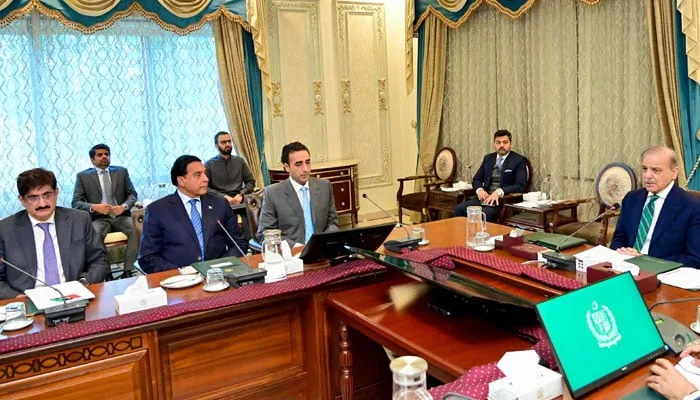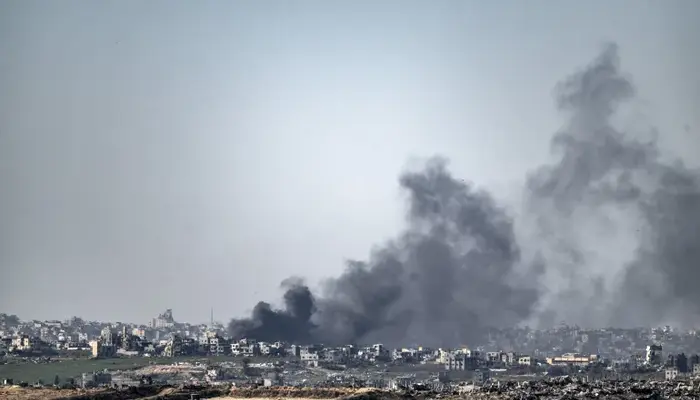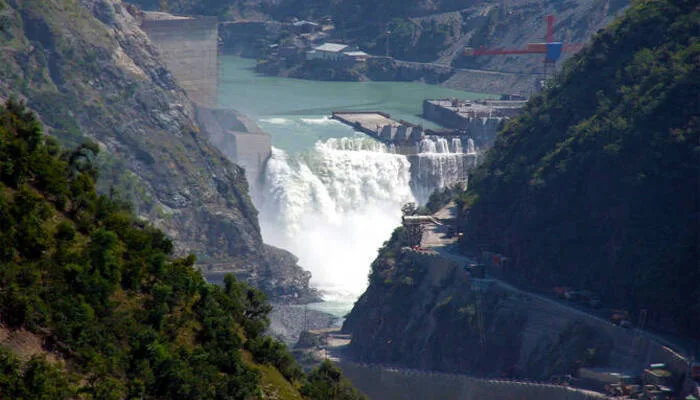
ISLAMABAD: A significant decline in global oil prices is set to bring considerable economic relief to Pakistan. The country expects annual energy import savings of $3.0 to $3.5 billion. This development comes as crude oil prices have fallen to a three-year low, dropping below $70 per barrel. Forecasts suggest further decreases, with prices potentially hitting around $60 per barrel by 2025.
According to a recent research report titled “A Path to Growth amidst Challenges,” prepared by investment advisory firm Alpha Beta Core, Pakistan stands to benefit substantially from these price drops.
Alleviating Inflationary Pressures
Khurram Schehzad, CEO of Alpha Beta Core, emphasized the implications of reduced energy import costs. He stated, “The savings will not only help alleviate inflationary pressures but also improve the trade deficit.” Energy imports accounted for about 31% of Pakistan’s total imports in the fiscal year 2024. Lower energy costs will enhance the competitiveness of Pakistani exports. This reduction in production costs is expected to boost overall export performance.
Lower Borrowing Costs
In addition to falling oil prices, there has been a notable decrease in borrowing costs. The Central Bank recently cut the policy rate from 22% to 17.5%, with expectations of further reductions. This decline in energy and capital costs is likely to stimulate business investments and economic activity. Consequently, GDP growth could surpass the forecasted 3.5% for FY25, particularly benefiting the manufacturing sector.
The report outlines how these developments are positioned to support fiscal stability. The current account deficit is expected to remain manageable, estimated at around 1.5% of GDP. The positive economic outlook has prompted credit rating agencies, such as Fitch and Moody’s, to upgrade Pakistan’s economic forecast, boosting investor confidence.
Read: Israeli Forces Raid Al Jazeera Bureau in Ramallah
Opportunity for Structural Reforms
The continued decline in global oil prices presents a unique opportunity for Pakistan. Policymakers are urged to implement structural reforms to ensure sustained economic gains. This focus on growth could significantly realign the nation’s economic strategies.
Moreover, the reduction in oil prices is anticipated to enhance the government’s fiscal flexibility. As energy costs decline, the government can save on interest payments. Alpha Beta Core’s CEO mentioned that this could reduce the budget deficit to under 6.0% of GDP by fiscal year 2025. This newfound fiscal space will enable the government to allocate resources to critical reforms and development projects, fostering long-term economic stability.
Easing Pressure on Foreign Exchange Reserves
Another advantage of lower energy import bills is the relief it brings to foreign exchange reserves. The reserves have shown significant improvement in coverage ratios, providing a buffer against external economic shocks. As the government saves on energy costs, it can bolster its foreign reserves, thus strengthening the economy’s resilience.
Pakistan stands on the brink of significant economic relief due to declining global oil prices. With expected savings of up to $3.5 billion, the country can address inflation, improve the trade deficit, and foster growth in various sectors. The combined effects of lower energy costs and reduced borrowing rates present a promising landscape for the nation’s economy. As policymakers consider their next steps, the focus on structural reforms will be crucial to ensure that these gains lead to sustained economic progress.
Follow us on Google News, Instagram, YouTube, Facebook, Whats App, and TikTok for latest updates
















